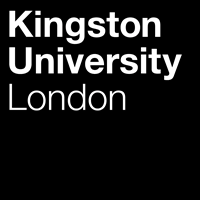Among the recent media modalities enabling better immersive viewing experiences for the end-users, light field (LF) imaging is emerging.
Light field imaging data contain a large amount of information, including information on radiation intensity and on the direction of light rays in the free space. Such information can be collectively described by the so called “plenoptic function”, describing the light rays as a function of intensity, location in space, travel direction, wavelength, and time. For most practical applications, the light field model can be simplified to a 4D function that can be parameterized as L(u, v, s, t), where (u, v) represent angular coordinates and (s, t) are the spatial coordinates.
Due to the abundance of spatial and angular information, LF research has attracted widespread attention and has many applications in a number of areas, including medical training and entertainment.
With the progress of acquisition and display technologies, we can expect that the relevant immersive media applications will soon win a good share of the market. Given the progress of 5G wireless technologies we also expect that transmitting such information will be realistic in many scenarios.
In order to identify the best trade-offs in data representation, but also to study the impact of compression and transmission, it is important to have suitable methods and algorithms to assess the quality of light field imaging data. Such methods can be objective metrics (or algorithms) or specific methodologies to perform subjective quality assessment.
While some recent works addressed subjective methods for quality assessment of light field imaging [1,2,3,4], only a few very recent works started considering objective quality assessment [5,6].
The goal of this project will be to study both subjective and objective quality assessment for light field imaging and to derive objective metrics suitable to assess the quality in different scenarios.
Facilities:
You will have the opportunity to work in our Centre for Augmented and Virtual Reality environments (CAVE lab), with a wide range of state-of-the-art displays, a quality assessment area compliant with ITU recommendations, and specialist equipment, for instance to track eye movements and brain activity.
https://www.kingston.ac.uk/faculties/science-engineering-and-computing/research/research-centres/dirc/wireless-multimedia-and-networking/

 Continue with Facebook
Continue with Facebook



